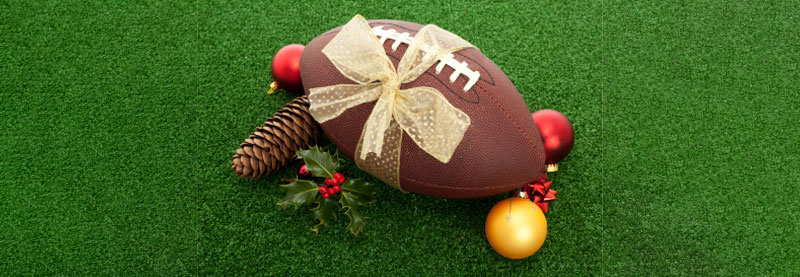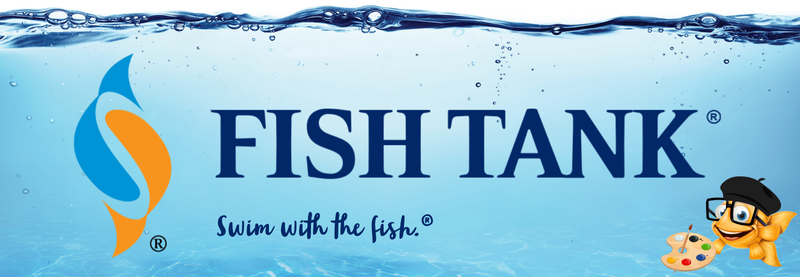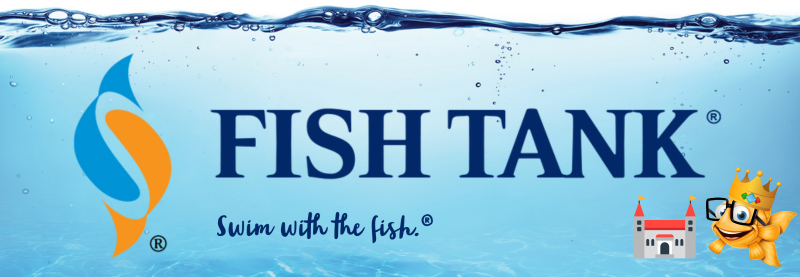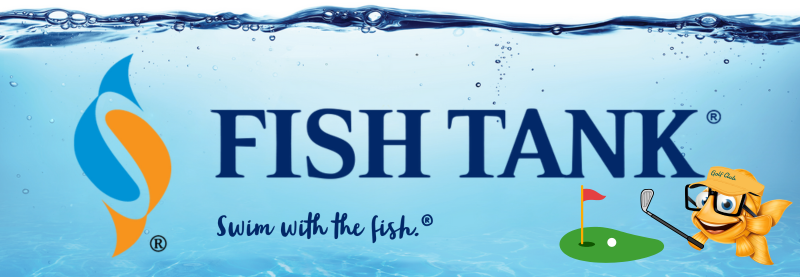Intellectual Property Insights from Fishman Stewart PLLC
Newsletter – Volume 24, Issue 29
Share on Social
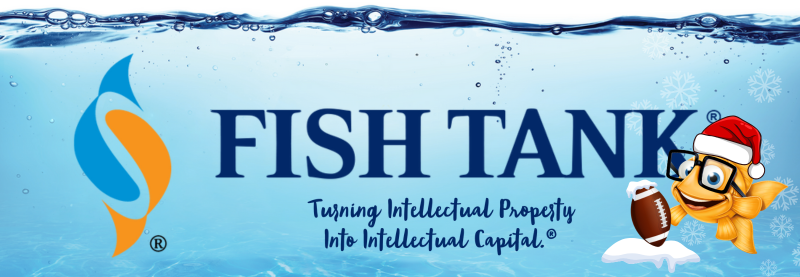
A White Out: Holiday Cheer for Collegiate Sports Licensing
This holiday season, many will hope it’s a white out, a classic white Christmas, as they unwrap gifts of licensed collegiate apparel. While thanking the givers of those gifts is probably the right thing to do, I’d say thank the White Out.
No, I do not mean the snow-covered landscape out the window, I mean Penn State University, home to the “White Out” game—a tradition of 100,000-plus Penn State fans all wearing white shirts into Beaver Stadium to cheer on their Nittany Lion football team.
Why? Because Penn State landed a crucial victory in court that upheld colleges’ and universities’ trademark rights as extending to the use of their names, logos, and images on various merchandise like hats and shirts. On November 19, 2024, a jury in the US District Court for the Middle District of Pennsylvania found that Vintage Brands, LLC infringed Penn State’s trademark rights by selling merchandise incorporating university names, logos, and designs without a license from the school.
No, I’m not a Penn State fan and putting that proverbial (licensed) hat on when saying to thank the Nittany Lions. Instead, Penn State’s win represents stability for both university mark-owners and consumers of the merchandise. The legal victory upholds the ability for trademark owners to guard against intentional use of their trademarks designed to ride the coattails of the mark owners.
For that reason, the decision may seem rather obvious. Vintage Brands, without permission, put PENN STATE (and other Penn State branding) on products and sold them to customers who bought the merchandise specifically because it referenced Penn State. However, in defense, Vintage Brands sought to exploit the notion of what “trademark use” means. Under the law, trademark use occurs by using names, logos, etc. to identify the source of the product or service at hand. Vintage Brands argued it did not use Penn State to identify the source of the merchandise. Instead, as the argument goes, Vintage Brands identified itself as the source with its trademarks on the tags and labels, and the Penn State brands were merely design elements or ornamentation.
Longstanding industry practices have given buyers of collegiate branded products the confidence to know that the schools have vetted and licensed merchandise bearing school brands. Licensed product sales have helped make collegiate sports brands incredibly valuable, with estimates of collegiate licensing revenues exceeding $200 million (and nearly $4 billion at retail). Had the court come to a contrary decision, it would have upended these practices and trademark owners’ ability to control their brands, leading to confusion among purchasers in the market for collegiate branded goods who would have little means of knowing the legitimacy of the items.
The decision comes as the first against Vintage Brands, whose conduct has also been met with lawsuits from more than a dozen other colleges and universities, including Arizona, UCLA, Stanford, Utah, and Oregon. None of the other cases have yet proceeded to a decision.
So, while Penn State may be rival to other colleges and universities on the field, as peer institutions, Penn State’s win has a chorus of schools singing “HO-HO-HO” and not “OH-OH-OH” this holiday season.
Alexander JSW Johnson is a partner at Fishman Stewart with over a decade of extensive experience in trademark and intellectual property matters. He works in the firm’s Trademark Practice Group. He holds a B.A. in Art (studio emphasis) and Journalism, and interned with The University of Iowa’s Trademark Licensing Program while in law school.

Related Content from Fishman Stewart
People have long pondered whether or not the Giza pyramids were indeed solely burial chambers, which was the only known, and archaeologically determined, use—until now.
As the story goes, Klein was so taken with the indescribable blue of the sky over the Mediterranean in Nice, France, that he dedicated his artistic talent developing a blue that would imbue the canvas with this color in its purest form.
Despite her pseudo-legal background in Suits, Meghan has been running into one issue after another in her efforts to register the trademark and logo for her new lifestyle company, for now, called “AS EVER”.
By 1930, efforts began in New York to replace Mother's Day with Parent's Day because men were more than just breadwinners. Those efforts didn't catch on, probably because in that era, women often spent more time in the home.
In February, Nike and Skims announced that they will be working together on a new brand, NikeSkims. The co-brand will create a new line of training apparel, footwear, and accessories specifically designed to meet the unique needs of women athletes.
Generally, federal courts have exclusive jurisdiction over copyright cases, and often, this presents an insurmountable paywall for individual artists and small businesses to vindicate their rights, especially where the value of the individual copyrighted works are relatively low.
Dedicated to raising public awareness about the importance of encouraging innovation and creativity throughout the world, the World Intellectual Property Organization (WIPO) annually observes World Intellectual Property Day on April 26 to showcase the role that patents, trademarks, industrial designs, copyrights and trade secrets play in our everyday lives.
Hold onto your foam fingers, sports fans – college sports just got a whole lot more interesting! The latest updates to Name, Image, and Likeness (NIL) rules are making student-athletes bigger than ever, and it’s not just about the game anymore.
Did a federal court in Louisiana recently decide that US copyrights are global rights? It seems so.
L.A.B. Golf aims to protect its innovations, and therefore its market position, owning three patents for its zero-torque design. The question now is whether L.A.B. Golf can withstand the wave of copycat designs.
IDENTIFYING, SECURING AND ADVANCING CREATIVITY®


